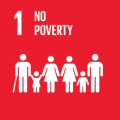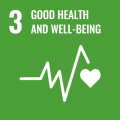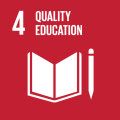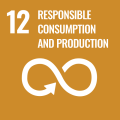Recognized in Taiwan as the global minister of education, Sir Ken Robinson is a firm believer that education should empower children to create their own lives; in a world of constant change, education is “to enable students to understand the world around them, and the talents within them, so that they can become fulfilled individuals and active, compassionate citizens.” Taitung’s Junyi School of Innovation embraces an unconventional method of education enveloping Robinson’s thinking and inspires its students to direct their own futures. 2017 was when Junyi School of Innovation first introduced the Junyi Innovative Study Abroad Program (JISAP). It is a program that encourages and supports students to pursue an education overseas under a new culture and language environment to raise global horizons. JISAP offers three paths – the United World Colleges (UWC) path for students between the ages of 16 and 19, the two-year community college path, and the four-year university path. To further support the students overseas, The Alliance Cultural Foundation Chair Stanley Yen founded The Alliance Cultural Foundation International. Five years on, 22 students in total have pursued study in nine countries. The following are stories of four JISAP students overcoming adversity.
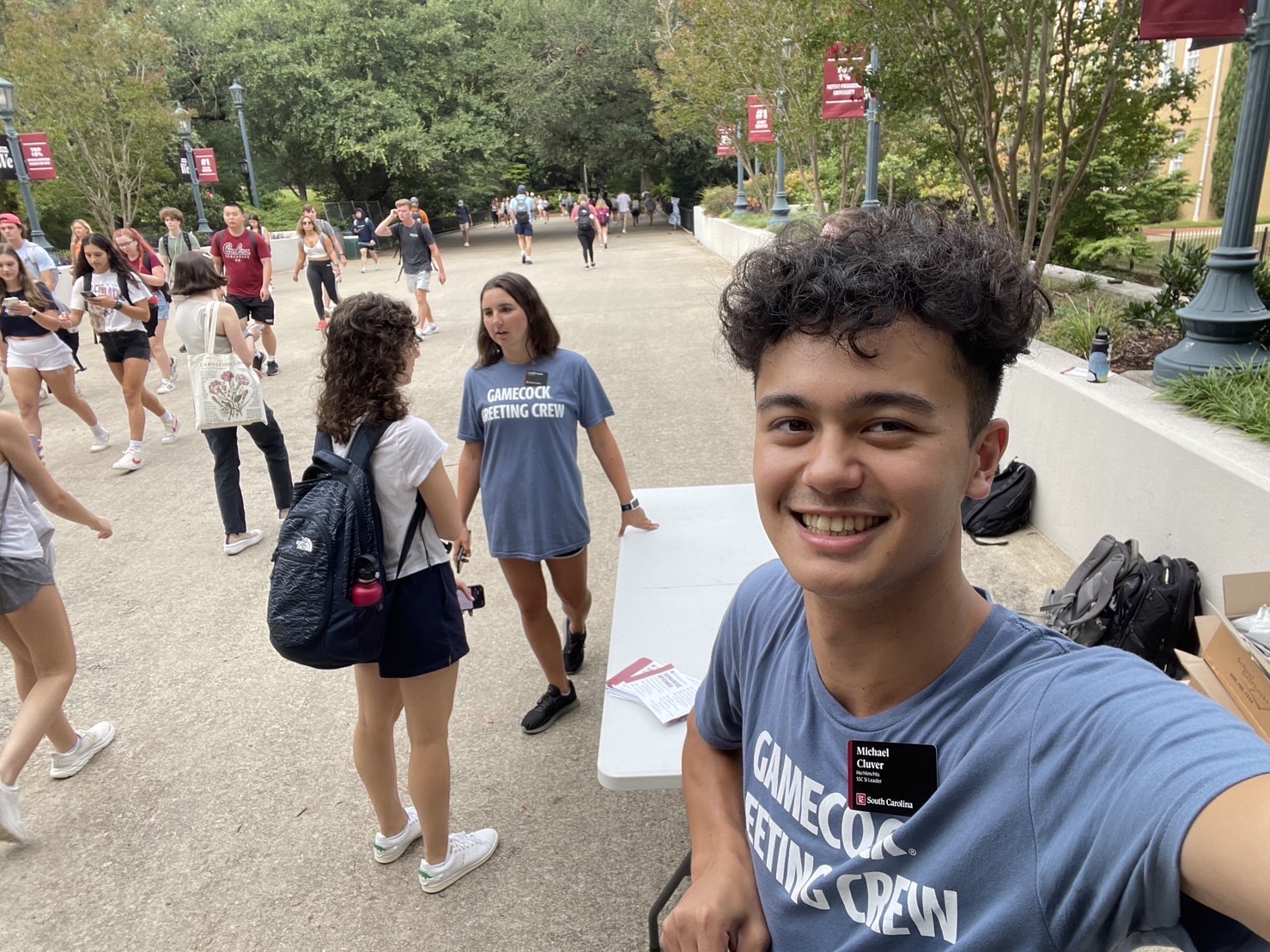
Four-year university path: Michael Wang (University of South Carolina, USA)
Michael Wang was surprised by the level of pressure he experienced at the beginning of his studies. Majoring in Computer Science at the University of South Carolina, as much as he loved the subject, his grades for the program were declining.
Because he was introverted, he shied away from clubs and activities. On the day of the freshman orientation party, Wang was undecided on whether to attend. What changed his mind was a memory of his father encouraging him not to limit himself to his own thinking. At the party he formed an immediate bond with a professor. When he reflects back, he is pleased that he stepped out of his comfort zone.
Weeks on, Wang let go of his depressed state and decided to approach different professors for help on his studies. In the second term, he received A's in all of his classes. He describes the shift as a rebirth particularly for Chemistry. Throughout his life, Wang, born to South African and Amis parents, saw the English language as a tool to help family and friends translate. In his Rhetoric and Composition class, Wang discovered the depth, beauty and culture in the language.
“Junyi encourages students to seize opportunities. Though it is unknown when opportunities will arise, if you are willing to step out of your comfort zone and open your heart, what you will learn is an unlimited breadth of knowledge.” – Michael Wang
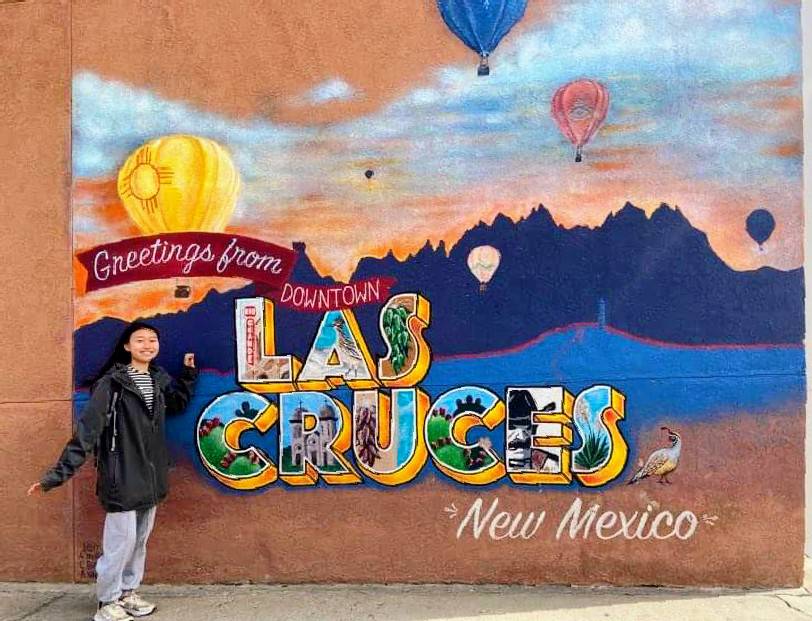
UWC path: Amanda Hsu (UWC-USA, USA)
UWC is a global movement that makes education a force to unite people, nations and cultures for peace and a sustainable future. It has in total 18 member schools and colleges, each reflecting a United Nations of its own. Amanda Hsu had looked forward to starting her journey at UWC-USA but was soon disappointed by her own performance. The confidence and self-expression she had learned at Junyi felt distant, and she became hesitant to speak English; even the voices of students chatting away in hallways feared her into running back into her room. The teaching methods were foreign, and although she spent much of her time learning, she struggled to understand the teachers. With more than 200 students from over 90 countries, UWC’s multicultural body of students were naturally inclusive. They communicated with her slowly, and over time Hsu regained her confidence and self-expression.
Hsu observed that though her peers embraced diversity, they equally pursued their own thinking, values, and justice. This reminded her of the famous Voltaire quote taught at Junyi, “I disapprove of what you say, but I will defend to the death your right to say it.” Before attending UWC, Hsu believed she would find her way to change the world there. She reflects today that what has changed is the way she now looks at the world. She learned to appreciate different voices, and looks forward to taking the next steps to changing the world in her own way.
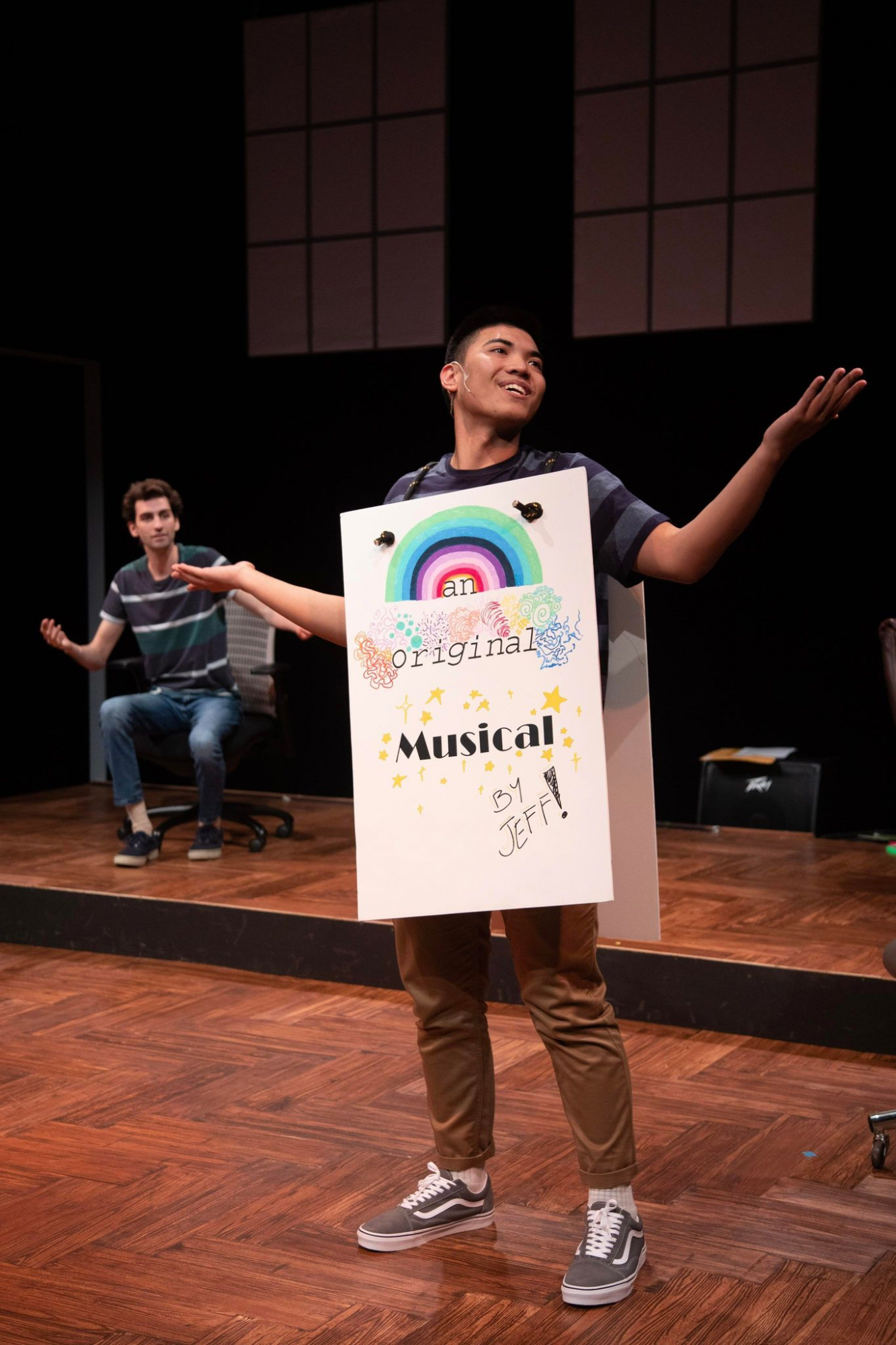
Two-year community college path: Charlie Kuvangasan (South Puget Sound Community College, USA)
Both of Charlie Kuvangasan’s parents are performing artists. From a young age, he often performed with them on stage. With a love for the spotlight, he aspires to be an actor.
In one of his classes at the South Puget Sound Community College, Kuvangasan remembered being given a 10-minute timeframe to read a script, then act it. While he was still figuring out the meaning of the content, his peers were able to execute it with ease. He understood then that language proficiency could very much be his downfall for an audition. Although the incident brought him anxiety, he saw it as a learning opportunity.
Kuvangasan reflected on experiences that had helped determine his path to become a performing artist – the arts classes at Junyi and the Huatung Choir Camp. He decided to embrace the incident and grasp every opportunity to better himself. He found employment at the school café, joined the school choir, the Campus Activity Board and participated in planning school activities. From coordinating activities, film editing to performing, he hopes they will collectively prepare him for opportunities that may arise in the future.
Studying in the US was a dream for Kuvangasan. He asks, “When one’s dream comes true – what next?” Although he doesn’t yet have the answer, he knows the next dream is right around the corner.
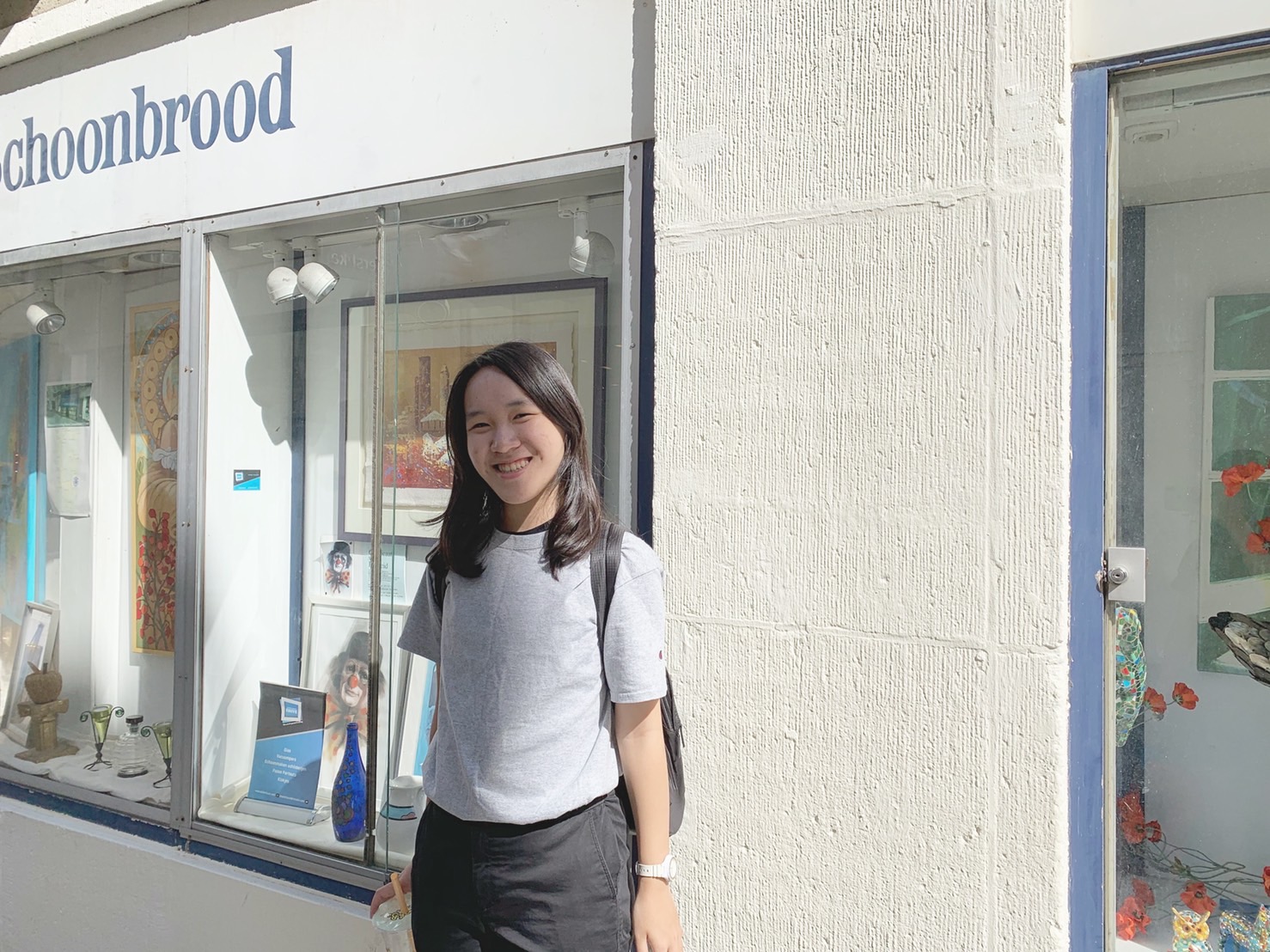
UWC and four-year university path: Sunny Lin (Franklin & Marshall College, USA)
After completing the 11th grade at Junyi, Sunny Lin began her journey at UWC Maastricht. Two years on, she was accepted to the Franklin & Marshall College. Starting college one year after her peers in Taiwan, she worried about being one year behind for entering the job market.
When Covid-19 struck, Lin moved to California to continue her studies. She was faced with the challenge of learning online in a different time zone. Her grades particularly in Applied Calculus declined. With her love for Math, she was deeply discouraged; yet with resilience and giving it her all, she received perfect scores in the following five tests. Lin learned that every individual’s path is different, and being one year behind her peers may not be as important after all.
Lin particularly enjoyed the Outdoor Education Program at Junyi. The desktop photo of her kayaking is there so that she can remember the times at Junyi. She recalls her Polish classmate at UWC surprised by the photo and by the fact that Lin enjoyed excursions on the mountains and sea. For her classmate, she was able to break the stereotype that East Asian students focus only on studying and achieving good grades. Breaking stereotypes in a multi-cultural environment is something Lin finds greatly rewarding.
With less activities at the Franklin & Marshall College, Lin rediscovered swimming. Through sports she found a way to communicate with herself. Her mindfulness gave her the ability to settle her mind and body. The Lin today is courageous and carefree.
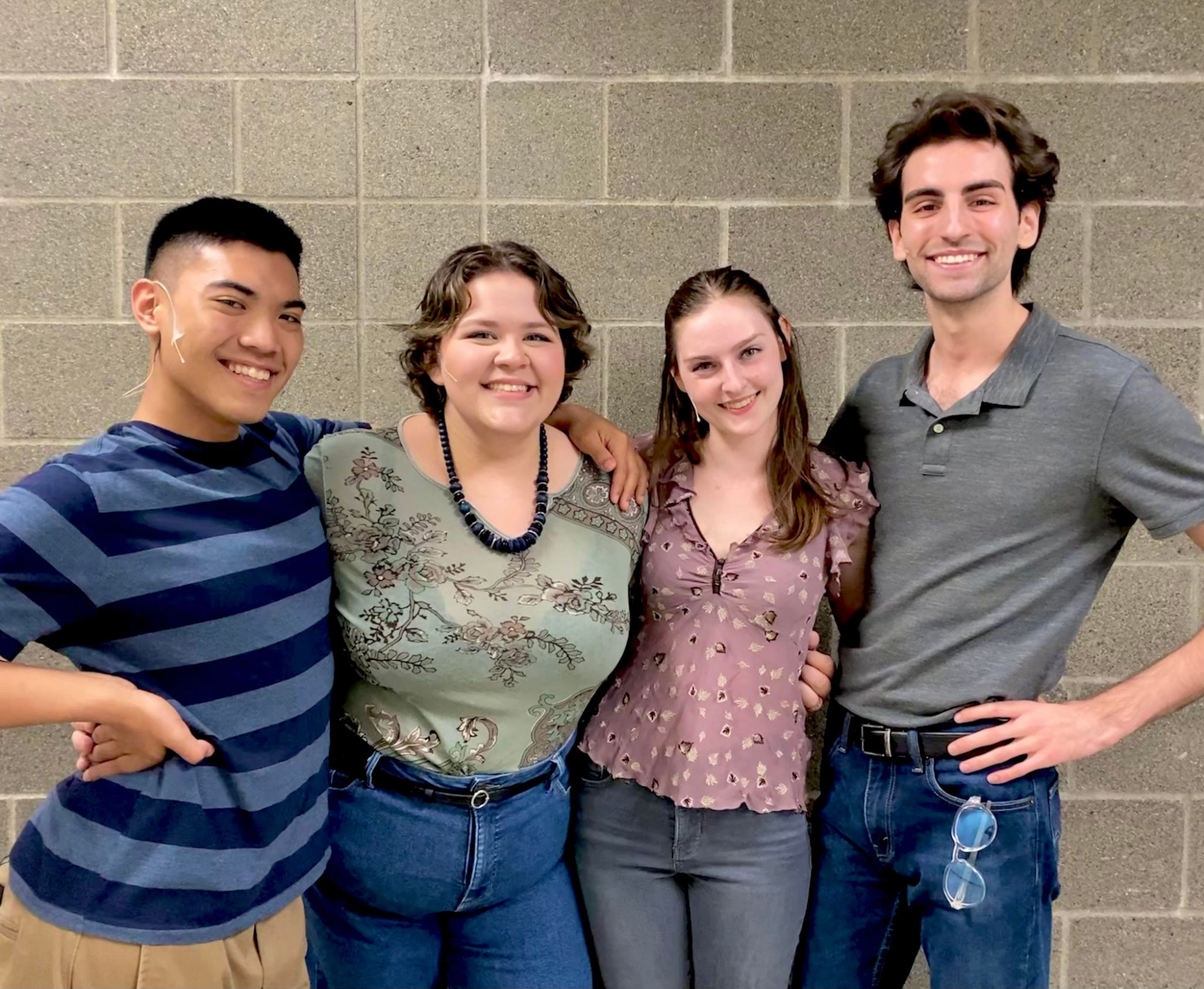
Set a goal and surpass it
Junyi’s founding purpose is to nurture passions, self-confidence, global citizenship, independence, life skills, and individuals that add value to society. Director of Student Affairs & International Education Department Peihsuan Pai said, “At Junyi, rather than encouraging students who achieve high grades or are skilled in English, we encourage students who know at every stage what to do, and take the initiative to find where they fall short on and improve to study abroad. This is what the unconventional path is about.” The stories demonstrate how Wang, Hsu, Kuvangasan, and Lin overcome adversity. We look forward to their completions and witnessing their transformations.







